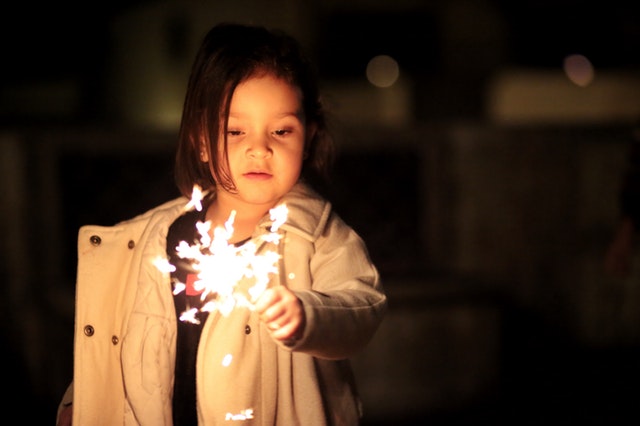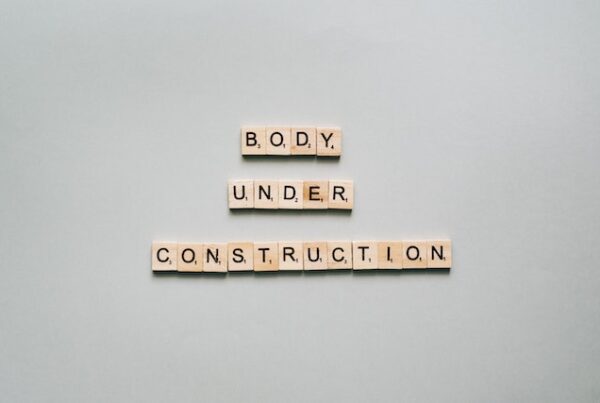Every year, July 4th celebrations feature many time-honored American traditions, including parades, barbeques, and of course, fireworks. But the fun of fireworks can quickly turn to danger and severe injury, too, says Dr. Ying Chi, a hand surgeon with Hoag Orthopedic Institute in Orange County, California and warns that the mishandling of fireworks can send someone to the emergency room.
“There is no such thing as ‘safe and sane’ fireworks,” said Dr. Chi. “All fireworks carry the potential risk of burns or serious injury and trauma. The best advice is to forgo the backyard fireworks and instead attend a local, professional fireworks show.”
According to the Consumer Product Safety Commission, about 280 people a day go the emergency room with firework-related injuries around the July 4th holiday. The Commission also reported that about half of all firework-related injuries were burns, with hands and fingers being the most injured followed by injuries to the eyes, head, face and ears.
Dr. Chi added that if you experience a firework injury, head to the nearest emergency room as soon as you can. In the meantime, she said, wrap the injury in a slightly damp clean cloth to keep it moist. “Do not apply ice directly to an injury, particularly a burn,” she stressed. “Ice may hinder rather than help an injury.”
If fireworks are on your family agenda for this July 4th and you’re unable to attend a professional display, here are some tips from the Consumer Product Safety Commission and Dr. Chi to help you avoid a trip to the emergency room:
- Never allow young children to play with or ignite fireworks.
- Avoid buying fireworks that are packaged in brown paper because this is often a sign that the fireworks were made for professional displays and that they could pose a danger to consumers.
- Always have an adult supervise fireworks activities. Parents don’t realize that young children suffer injuries from sparklers. Sparklers burn at temperatures of about 2,000 degrees – hot enough to melt some metals.
- Never place any part of your body directly over a fireworks device when lighting the fuse. Back up to a safe distance immediately after lighting fireworks.
- Never try to re-light or pick up fireworks that have not ignited fully.
- Never point or throw fireworks at another person.
- Keep a bucket of water or a garden hose handy in case of fire or another mishap.
- Light fireworks one at a time, then move back quickly.
- Never carry fireworks in a pocket or shoot them off in metal or glass containers.
- After fireworks complete their burning, douse the spent device with plenty of water from a bucket or hose before discarding it to prevent a trash fire.
“Most injuries are the result of carelessness, and many firework-related injuries have long term and sometimes devastating effects,” says Dr. Chi. “With a few simple precautions, you can stay safe this July 4.”






